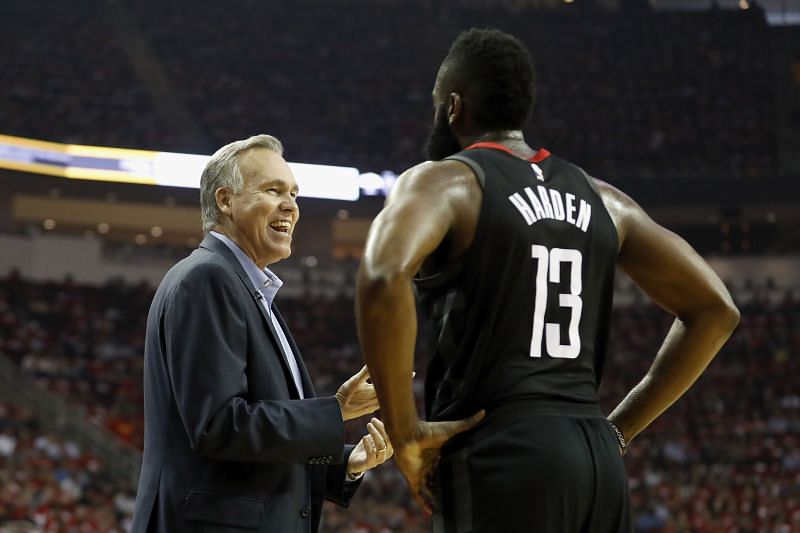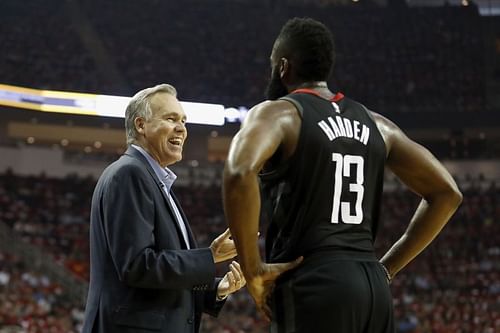
NBA Playoffs: 3 reasons why Houston Rockets are only a first-round elimination team

When the Houston Rockets pulled off a four-team, 12-player trade trade to take center Clint Capela out of the picture and bring Robert Covington in, their intention to concentrate on riding a smaller lineup was evident. Bringing in the added bonus of knocking down threes and playing solid perimeter defense, Covington was the first piece of the puzzle for the Rockets drifting away from their traditional rotation.
Moreover, the franchise signed Jeff Green to a 10-day contract and forward DeMarre Carroll to a veteran minimum deal, looking to force the issue even further. Their desperation to outrun the rest of the ball clubs has been no secret of late. Coach Mike D'Antoni has pulled out all the stops for his latest brainchild - Houston's small-ball lineup - to work.
Let's dive in deeper to analyse why this attempt to nullify any possible talent disparities might end up being a failure:
#1 For small ball to work, James Harden will have to play more defense than he ever has

James Harden has often been mocked for his lackadaisical defense. Despite the Beard clocking over 2.2 steals per game in the playoffs through the last two seasons, the Rockets have failed to get past their imaginary threshold. And with the current length of the Houston's go-to lineup, he'll have to do even more.
Harden spent 11.2% of his defensive time guarding centers last year. That number has gone down to 7.6% this season. As far as post up possessions are concerned, Harden's 0.55 points per possession is tied for the fourth-lowest in the league (with at least 20 post up possessions).
Despite easily averaging 30+ ppg across the last three regular seasons, Harden could barely manage to maintain that same scoring rate in the playoffs. Asking more of him on both ends of the floor in the postseason has historically been proven to be a bad idea.